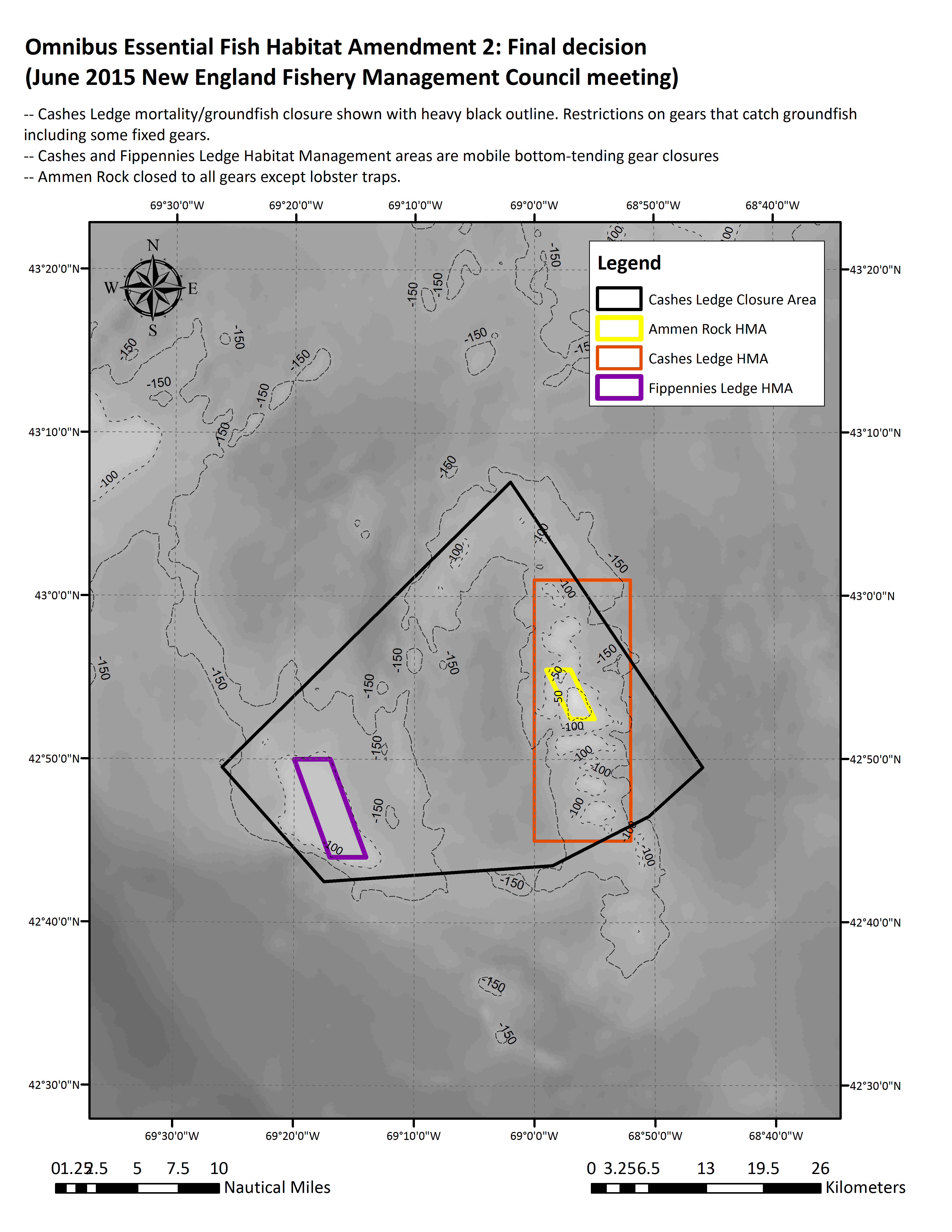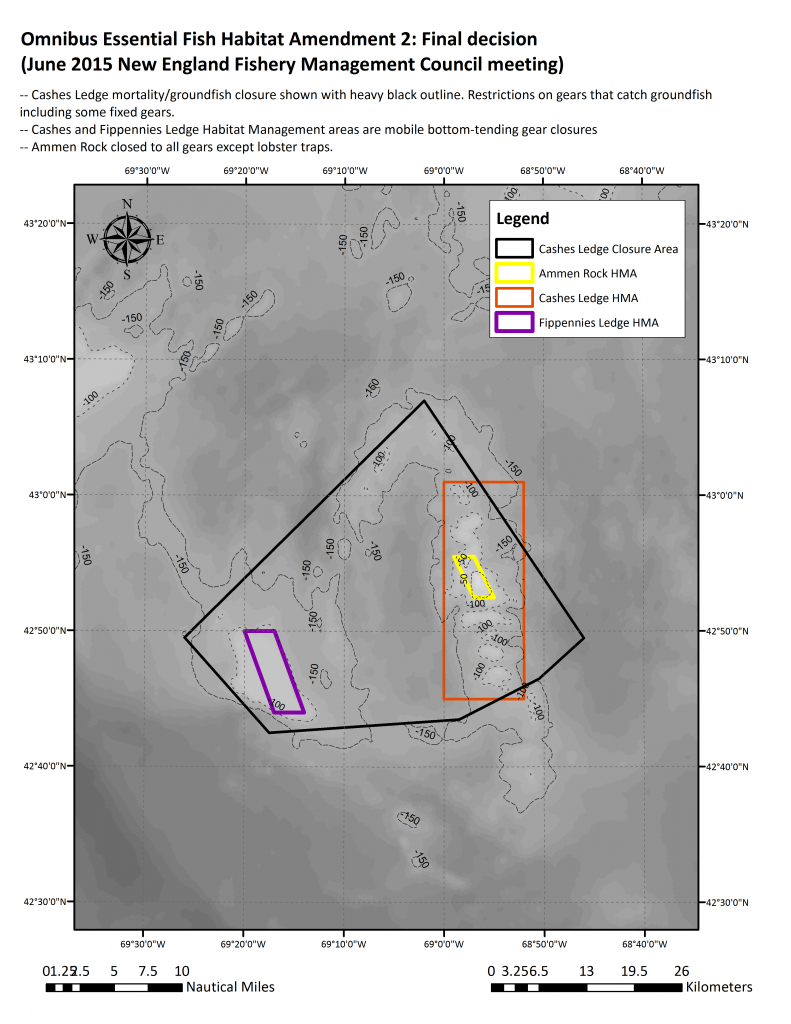May 31, 2017 — Fishing trawlers bring in an average of $6.4 million annually to Bay State ports from fish scooped off seabeds 600 meters or more below the surface of New England waters.
In an effort to save coral on the ocean floor, the New England Fisheries Management Council is advancing a proposed restriction on draggers and trawlers fishing at those depths.
The waters off New England do not get that deep until beyond George’s Bank and lobstermen that fish on the bank do not set traps at that depth, according to council staff. The proposed rule would exempt the relatively small red crab fishery.
The council’s Habitat Committee signed off Tuesday on the proposal, which affect fishing operations in a roughly 25,000 square mile area. If it is passed by the full council it would need to go through the National Marine Fisheries Service, also known as NOAA Fisheries, before it would go into effect.
Environmental groups Wild Oceans, Earthjustice, Pew Charitable Trusts and Conservation Law Foundation urged the council’s scientists to study an alternative proposal, which they said would protect more coral than the plan the council advanced. The council agreed to study the conservation groups’ proposal.
“There could be changes at any point in time. Ultimately when the full council votes on this June 22, we’ve got this preferred alternative going in. That hasn’t changed. But other things may be brought up,” said Habitat Committee Chairman John Quinn, a Dartmouth resident and former state rep.


